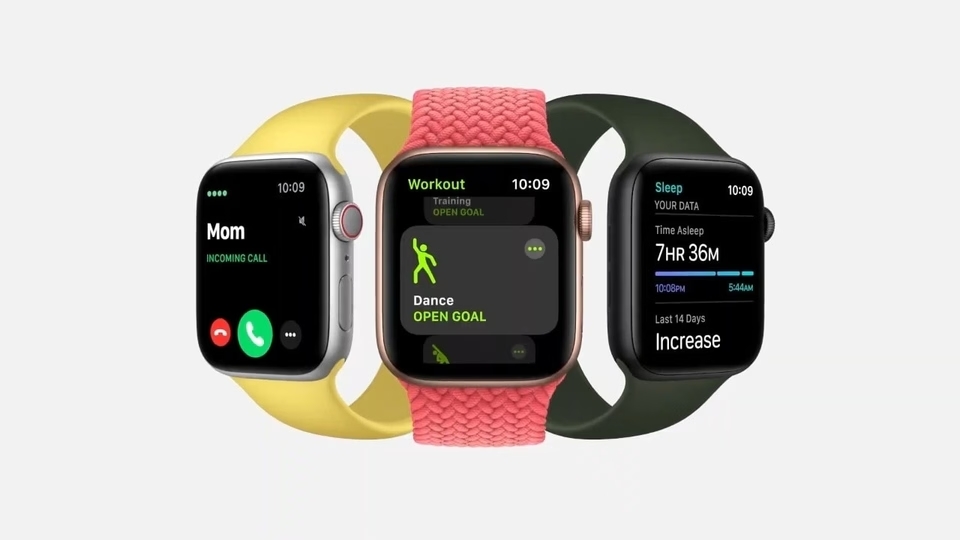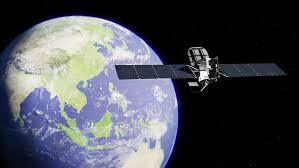
- July-09-2023
US President Joe Biden has arrived in the UK ahead of a Nato summit in Lithuania scheduled for later this week. However, his decision to send cluster bombs to Ukraine has raised concerns among several allies, including the UK and Canada. Cluster bombs are widely banned due to the harm they can cause to civilians. The US argues that the bombs are necessary because Ukraine's weapon stocks are diminishing. During his visit, President Biden is set to meet with UK Prime Minister Rishi Sunak, where they are expected to discuss various topics, including the war in Ukraine. While the UK has not directly criticized President Biden's cluster bomb announcement, Prime Minister Sunak emphasized that the UK is a signatory to the Convention on Cluster Munitions, an international treaty banning the production and use of such weapons. Other US allies, like New Zealand, have gone further in their criticism, highlighting the potential harm to innocent people caused by these munitions. Cluster bombs are known for releasing numerous smaller bomblets that can cause indiscriminate casualties over a wide area. Unexploded bomblets pose a long-lasting threat as they can remain on the ground for years before detonating. The US claims to have received assurances from Ukraine that the weapons will not be used in Russia or urban areas. The purpose of the Nato summit in Vilnius is to discuss ammunition stockpiles and review defense plans among the 31 member nations. This will be Finland's first summit since joining in April, while Sweden's plans to attend have been hindered by Turkey's accusation of harboring terrorists. President Biden is expected to seek support from Prime Minister Sunak in brokering a deal with Turkey. Ukraine, aspiring to join Nato, will also have a presence at the summit. However, President Biden stated in an interview that Ukraine's membership cannot occur until the war is over, in alignment with Nato's longstanding policy. Ukrainian President Volodymyr Zelensky has accepted this position while expressing hope for a signal that his country will be able to join the alliance once the war concludes. The US decision to supply cluster bombs came as part of a military aid package worth $800 million. President Biden acknowledged that it was a challenging choice but emphasized that Ukraine was running out of ammunition. Nevertheless, several Nato allies, including Canada, Spain, and New Zealand, distanced themselves from the decision, opposing the use of cluster bombs while supporting Ukraine's legitimate defense. Germany, another Nato member and signatory to the treaty banning cluster bombs, understood the American position but opted not to provide such weapons to Ukraine. Concerns surrounding cluster bombs include their failure rate and the indiscriminate detonation of unexploded bomblets. The US claims that its cluster bombs have a lower failure rate than those used by Russia in the Ukraine conflict. Ukraine has pledged not to use the weapons in civilian areas and will monitor and report on their usage. However, Russia dismissed these assurances as worthless.









